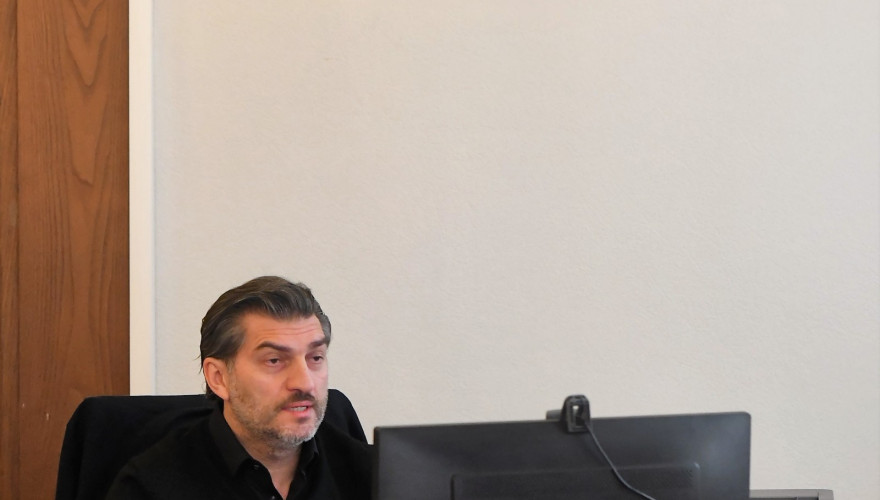Mikheil Kavelashvili: Sport and a healthy lifestyle should be obtainable to people of any gender, age, ability or income

In view to eliminate the existing inequities and gaps in terms of involvement in sports and physical activity, the Parliament of Georgia conducted an assessment of the gender impact of the draft law on Physical Education and Sports. The document was authored by the Ministry of Education and its gender impact assessment was based on international methodology with the support of the UNDP, NDI, and the GGI.
"Sport and a healthy lifestyle should be obtainable to people of any gender, age, ability or income", - the Chair of the Sports and Youth Issues Committee, Mikheil Kavelashvili stated.
"As part of the study, we identified major gaps and challenges that hinder the full involvement of girls and women in sport, and developed specific recommendations for the executive and other stakeholders that will significantly help reduce gender inequality in sport", - the Committee Chair clarified.
The list of issues covered in the Gender Impact Assessment Report of the Draft Law on Physical Education and Sports includes the lack of sports infrastructure, lack of qualified teachers and trainers in schools and universities, and insufficient involvement of women in the management of sports organizations.
The report also notes that stereotypes prevalent in society often prevent women from participating in sports and physical activity, which in turn reflects on the most important aspects of their lives that are linked to a healthy lifestyle.
The report contains recommendations for improving sports policy and increasing universal access to a healthy and active lifestyle, taking into account the principles of gender equality.
The Gender Impact Assessment of the Draft Law on Physical Education and Sports echoes the recent Committee Inquiry into Physical and Sports Activity of the Georgian Population, which was backed by the EU, UNDP and WFD.
The Committee's inquiry revealed that for the more active participation of women and girls in sports activities, it is necessary to improve sports education, develop appropriate infrastructure and overcome social stereotypes.
"It is welcome that decision-makers are so diligent in developing policies that can have different effects on men and women. As a result of this investigation, gender issues will be more addressed in legislation, which will form the basis for practical measures and promote equal participation of women and girls in sports, physical activity and healthy and active life", - Louise Winton, the UNDP Permanent Representative in Georgia stated.
The draft law on Physical Education and Sports is the 7th legislative document to have passed a gender impact assessment.
Gender Impact Assessment is an international methodology introduced in Georgia in 2017 with the support of UNDP, NDI, the UK Government and USAID GGI.
The Gender Impact Assessment of Legislation is supported by the Swedish Government under a joint UN program and aims at achieving gender equality in all areas of Georgia's political, economic and social life.
